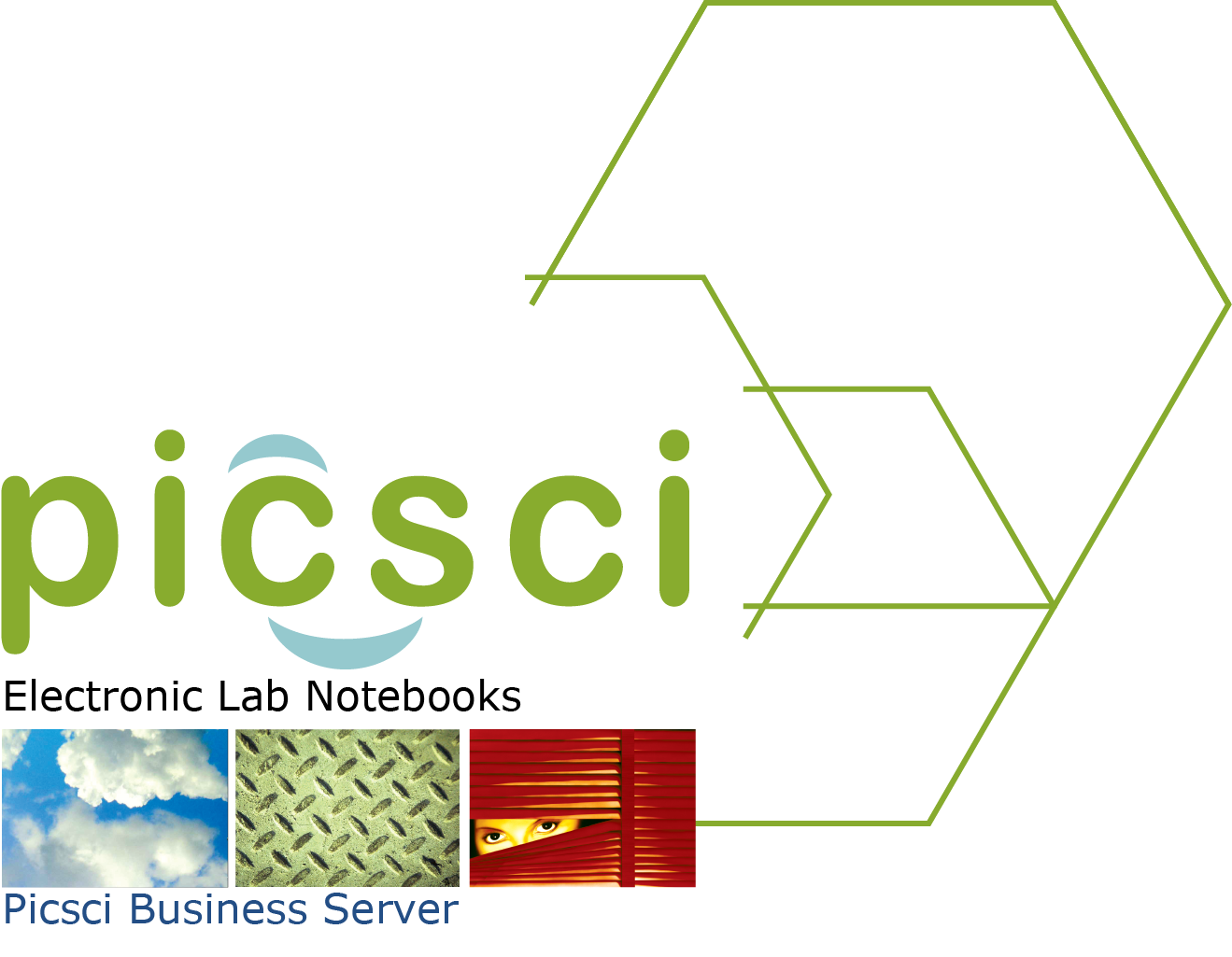Picsci Business License

PICSCI in Corporate Research
Today, up to 60% of the cost of a product can be attributed to product development and R&D. Efforts to streamline and improve efficiency of this process can go straight to the bottom-line of an enterprise. Testing is an essential and costly component of product development. Engineers, scientists and their support staff conduct billions of dollars worth of experimental tests in their effort to develop new products. Because of the enormous diversity of experimentation, the resulting data is highly heterogeneous and is not easily captured in conventional databases. Efforts to do so have invariably failed with time with the inability of such systems to absorb new forms of experimentation (extensibility). Therefore, many companies today capture experimental data in Excel. This is a waste of time as highly paid staff adapt a software designed originally for financial analysis to complex tasks needed for engineering analysis. The failure to use properly structured databases to capture such data results in data attrition as poorly stored data gets lost over time.
With a PICSCI these heterogeneous groups can store, manage and collaborate all on a single secure system.
- Store experimental data on your private cloud with no limits.
- Automated agglomeration of experimental work yields holistic project views
- Analytics: SaaS tools to visualize and work with all forms of data
- Collaboration: selective sharing with colleagues, project team, the entire company
- Governance: stewardship, privacy, access controls & activity tracking
MDS Overview
The Matereality Material Data Server provides a single platform for the storage and deployment of any material properties of any materials. The system is designed for site-wide or enterprise-wide deployment so that users can access the information they need at their desktops directly over the intranet. All software is browser-based and requires no download to client computers. All common browsers are supported.
This technology permits enterprises to create an online resource that provides selective access to materials information at all levels within the organization: procurement, product engineering, manufacturing, quality, research and development.
Key features of the material data management system
System extensibilityProducts today are made using a variety of materials. Matereality accommodates data ranging from stress-strain curves to viscosity, spectroscopy to fatigue, on materials ranging from metals to gels, and anything in between. A system that can store all the varied material data needed on all these different materials becomes a part of your core infrastructure and knowledge base.
- Fully extensible: any property type, any material, one platform
- Store all data types: graphs, single value properties, tables, CAE material model parameters, equation coefficients, pictures, micrographs, etc.
- Store full context of the data in conformance with ISO 17025; raw test data, derived and representative data, statistical data without limit, source, technique and test information (required for authentication of data)
- Add to the types of properties and property-related information, and types of materials that can be stored, without limitation
- Link data with pertinent traceability information and legal statements
Collaboration and Roles management
Each group within an enterprise has a need for different types of materials information. Store all this data in one place and deploy it seamlessly and selectively to each group: lot certification data, quality data, design properties, CAE material data, R&D data.
- Control who sees each piece of data: who sees it, publish or hide as needed
- Use specialized apps to purpose information to specific and diverse user groups
- Control who can load, edit and publish data
- Register users, enable/disable users
- Manage users using a workgroup architecture
- Pre-select data privacy preferences for workgroups and users
- Monitor data use using Data Access logs, record changes and modification made to any data
Connect up your test laboratories
New material properties are continuously being generated by your test laboratories. All these properties can be easily loaded into the system using a simple web-based interface. The entire context of the measurement is stored in TrueDigital format, sufficient to meet the stringent data reporting requirements of ISO 17025.
- Build import templates for easy import of single point data
- Run scripts to import consistently formatted data workbooks into your Matereality libraries
Request a quote
The recommended hardware and system software requirements to allow a standard Material Data Server installation to function are given in this section.
Hardware
- Application Server with Intel Dual Core Xeon 2.0 GHz processor
- 2 GB RAM
- 80 GB hard disk
- Dual Gigabit Ethernet Ports
- Microsoft Windows Server 2012 R2 Operating System
Additional Hardware for Demanding Applications
- Database Server with Intel Quad Core Xeon 2.0 GHz processor
- 4/8 GB of RAM
- 200 GB SCSI RAID hard disks, configured for mirroring
- Gigabit Ethernet Port
- Microsoft Windows Server 2012 R2 Operating System
Software
- Microsoft SQL Server 2012 R2
Web browser requirements
All Matereality software is browser-based and requires no download to client computers. The following common browsers are recommended:
- Internet Explorer, version 9.0 or later
- Microsoft Edge
- Firefox
- Google Chrome
- Webkit